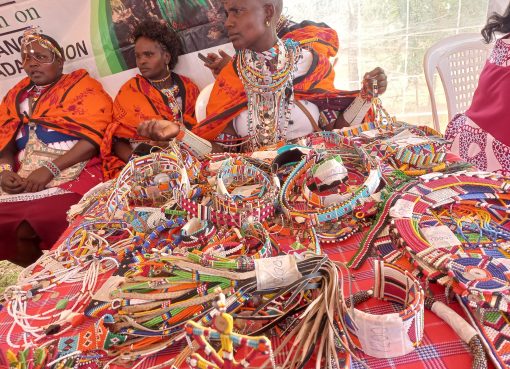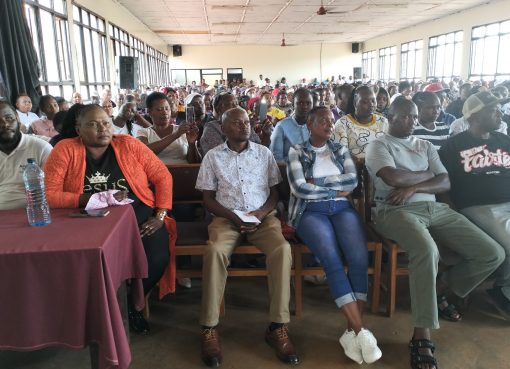The government is keen to ensure that all Kenyans have access to clean cooking solutions by the year 2028.
To help the government achieve universal clean cooking, the State Department for Energy has launched The Kenya National Cooking Transition Strategy (2024), the Kenya National Electric Cooking Strategy (2024) and the Knowledge Management Strategy in Kajiado during the 5th edition of the clean cooking week 2024 expo.
These three key strategies will drive the cooking sector with respect to defining the roadmap for clean cooking, linking the electrification and cooking policies and streamlining the data management and tracking progress in the cooking sector among other benefits.
In his address during the launch in Kajiado, the Principal Secretary for the State Department for Energy Alex Wachira, said that clean cooking energy would be a national priority and it would form part of the ongoing review of the energy policy to give prominence to the uptake of clean cooking solutions and sustainable and clean biomass.
“We target to have 50% of the population using Liquefied Petroleum Gas (LPG), 30% bioethanol and 10%electric cooking, 3% biogas and 7% sustainable biomass by 2028,” said the PS.
He remarked that to achieve this, the government needs to mobilize US$435 million spread over five years to implement Kenya National Cooking Transition Strategy and US$57 million to implement the Kenya National Electric Cooking Strategy.
This could be in the form of Government funding, Equity Debt, Grants, Result based Financing, Carbon financing and crowd funding.
“In this respect therefore, we wish to urge Development Partners and private sector who have an interest in clean cooking to come forward and identify opportunities for contributing to the national goal of Universal access to Clean Cooking. We further urge the counties to actively engage in resource mobilization with a view to successful implementation of the clean cooking targets set in their County Energy Plans,” said the PS.
“We look forward to strengthening existing partnerships and establishing new ones. Our aim is to attract investment in clean cooking so as to enable the smooth implementation of the strategies. Let us join hands to reduce the negative impacts of cooking with unsustainable forms of energy,” he added.
The PS acknowledged various development partner agencies such as Foreign, Commonwealth and Development Office, UK Partnerships for Accelerating Climate Transitions, GIZ, Green Climate Fund, Energizing Development, Modern Energy Cooking Services, AFD and Loughborough.
The PS pointed out that clean cooking has major contributions to the avoidance of unsustainable wood harvests, reducing mortality associated with household air pollution and reducing the emission of greenhouse gases thereby contributing to the national climate change goals.
He noted that exposure to household air pollution related to cooking with solid biomass fuels using inefficient technologies leads to 3.8 million deaths annually across the globe and 23,000 deaths annually in Kenya.
He added that the household pollution problem is pertinent in the rural areas and informal settlements where access to clean cooking fuels such as LPG, bioethanol and electricity are limited.
“We also have numerous educational, health and correctional institutions in Kenya consuming 1.3 million tonnes of firewood and 46,200 tonnes of charcoal annually contributing to continued degradation of the environment through loss of tree cover,” said Wachira.
He revealed that the State Department of Petroleum has adopted Ngong forest and they are fast tracking the implementation of the afforestation drive so as to increase forest cover.
The Chairperson of the Clean Cooking Association of Kenya Daniel Wanjohi said that with the launch of the strategies, more resources coming from development partners would be flowing to the sector now that the country has the blueprint to be able to execute what they believed were interventions required to drive and accelerate the adoption of clean cooking solutions.
Clean Cooking Week is an annual event that brings together stakeholders from the clean energy and clean cooking sectors to explore innovative solutions, partnerships, and investments aimed at advancing access to clean cooking technologies.
This year’s theme is “Strategy to Action: Partner, Invest, and Implement.”
By Diana Meneto





